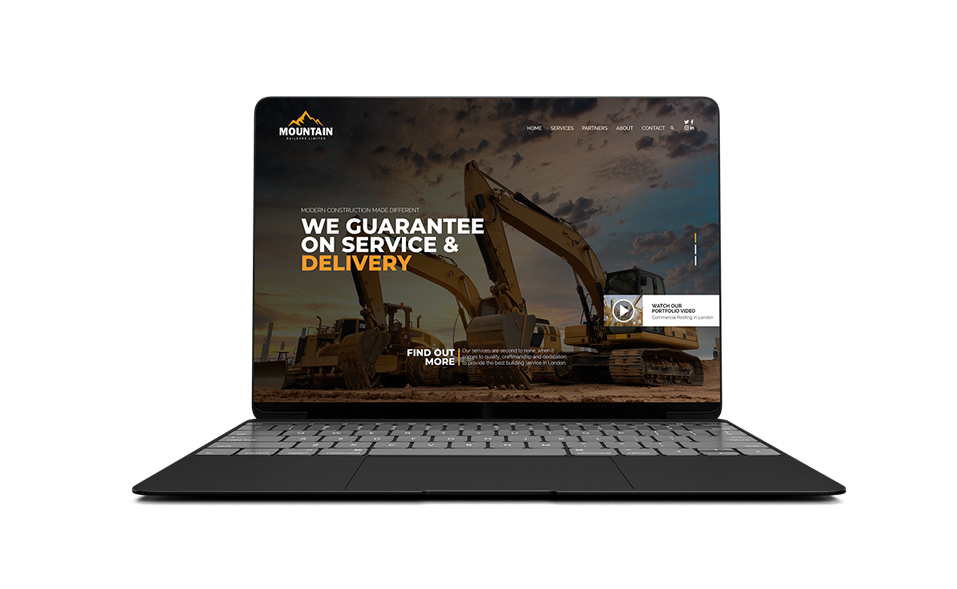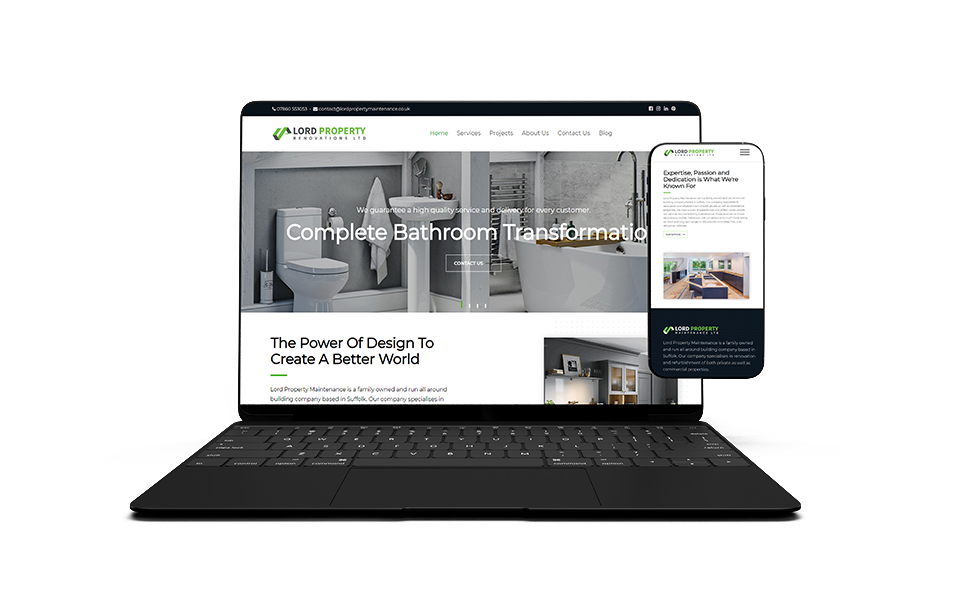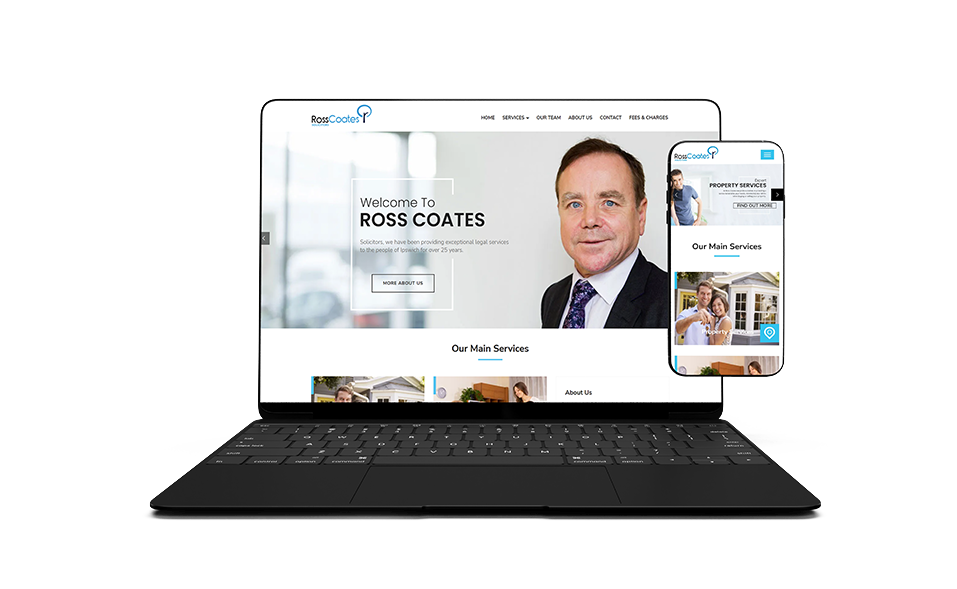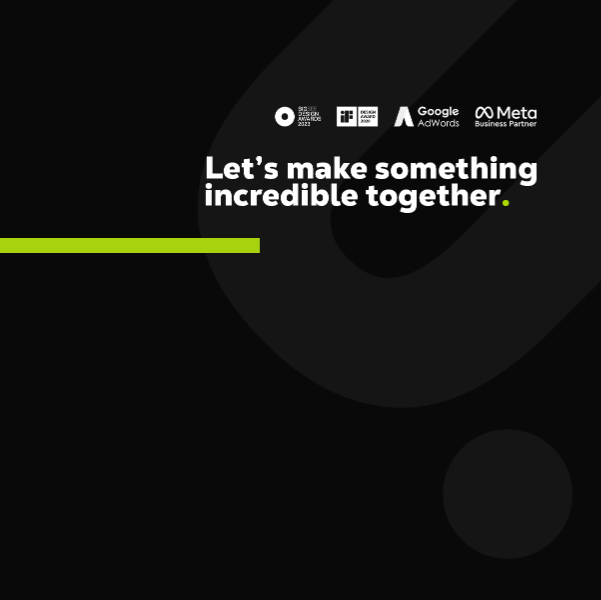In the ever-evolving landscape of website development, choosing the right Content Management System (CMS) is crucial for creating and managing a successful online presence. A CMS empowers users to easily update, edit, and organize content without advanced technical knowledge. In this blog post, we’ll explore the top 5 CMS platforms that are making waves in 2024.



WordPress: The Powerhouse of CMS
WordPress continues to be the undisputed king of CMS platforms, powering over 40% of all websites on the internet. Its user-friendly interface, extensive theme and plugin library, and a vast community of developers make it an ideal choice for beginners and experts alike. WordPress is highly customizable, scalable, and supports various types of websites, from blogs to e-commerce.
Pros:
User-Friendly: WordPress is known for its intuitive and user-friendly interface, making it accessible to beginners.
Extensive Plugin Library: A vast array of plugins allows users to add functionality and features without advanced coding skills.
Large Community: A massive community of users and developers means ample support and resources.
Versatility: Suitable for a wide range of websites, from blogs to e-commerce stores.
Cons:
Security Concerns: Its popularity makes WordPress a target for cyber threats, and users need to stay vigilant with security measures.
Customization Learning Curve: Customizing beyond basic themes may require a learning curve and understanding of coding.
Performance: Heavily customized sites may experience performance issues.
Wix: Drag-and-Drop Simplicity
Wix has gained immense popularity for its drag-and-drop website builder, making it incredibly easy for users with no coding experience to create stunning websites. With a plethora of templates and a user-friendly interface, Wix is a go-to choice for small businesses, portfolios, and creative ventures. It offers robust features, including e-commerce capabilities, making it an all-in-one solution for many users.
Pros:
Drag-and-Drop Builder: Wix’s intuitive drag-and-drop interface makes it easy for non-tech users to create visually appealing websites.
Templates: A wide variety of templates cater to different industries and styles.
All-In-One Solution: Wix provides hosting, domain registration, and other essentials in one package.
Cost-Effective: Wix is often more affordable for small businesses and personal projects.
Cons:
Less Flexibility: While user-friendly, Wix may be less flexible than other platforms for highly customized or complex websites.
Scalability: It may not be the best choice for large-scale businesses with complex needs.
Ads on Free Plan: The free plan includes Wix-branded ads, which may not be suitable for professional websites.
Drupal: The Enterprise Solution
For those seeking a powerful and scalable CMS for enterprise-level websites, Drupal stands out. It’s known for its flexibility, security, and ability to handle complex and large-scale projects. While Drupal may have a steeper learning curve compared to some other CMS options, its robust architecture and advanced customization options make it a favorite among developers and enterprises with specific needs.
Pros:
Scalability: Drupal excels at handling large and complex websites with numerous content types.
Flexibility: Offers extensive customization options and flexibility for developers.
Security: Known for its robust security features, making it suitable for enterprise-level projects.
Content Types: Supports a wide range of content types and structures.
Cons:
Learning Curve: Steeper learning curve compared to more user-friendly platforms like WordPress.
Resource Intensive: Resource-intensive, requiring powerful hosting for optimal performance.
Smaller Community: While strong, the community is smaller than WordPress, leading to fewer plugins and themes.
Joomla: Balancing Power and User-Friendliness
Joomla strikes a balance between the ease of use found in WordPress and the robust capabilities offered by Drupal. It’s a versatile CMS suitable for a wide range of websites, from simple blogs to complex corporate portals. Joomla’s user-friendly admin interface and strong community support make it an attractive choice for those looking for a middle ground between simplicity and advanced features.
Pros:
User-Friendly Backend: Offers a user-friendly backend for content management.
Extensions: A variety of extensions and templates are available for customization.
Community Support: Has a supportive community and ample documentation.
Versatility: Suitable for a range of website types, including e-commerce and social networking.
Cons:
Learning Curve: While not as steep as Drupal, there is still a learning curve for beginners.
Limited Plugins: The number of plugins and themes is less extensive compared to WordPress.
Updates: Updates may not be as seamless as some other platforms.
Shopify: E-Commerce Excellence
For businesses focusing on e-commerce, Shopify is the go-to CMS platform. It’s a hosted solution that simplifies the process of setting up an online store. Shopify offers a user-friendly interface, excellent customer support, and a range of built-in tools for managing products, orders, and payments. Its scalability and reliability make it a preferred choice for businesses of all sizes.
Pros:
E-commerce Focus: Tailored specifically for e-commerce, with features like inventory management and payment processing.
Ease of Use: User-friendly interface, making it easy for beginners to set up an online store.
Security: Provides a secure and reliable platform for online transactions.
Scalability: Scales well with growing businesses.
Cons:
Cost: Monthly subscription costs may be higher than other CMS platforms.
Limited Customization: Customization options are more limited compared to general-purpose CMS like WordPress.
Transaction Fees: Additional transaction fees for using external payment gateways on lower-tier plans.
The choice of a CMS depends on various factors, including the type of website, technical expertise, and specific requirements. Each CMS on this list has its strengths and caters to different needs, ensuring that there’s a perfect fit for every project. Whether you prioritize user-friendliness, scalability, or specialized features, the top 5 CMS platforms for 2024 provide a solid foundation for creating successful and dynamic websites.


